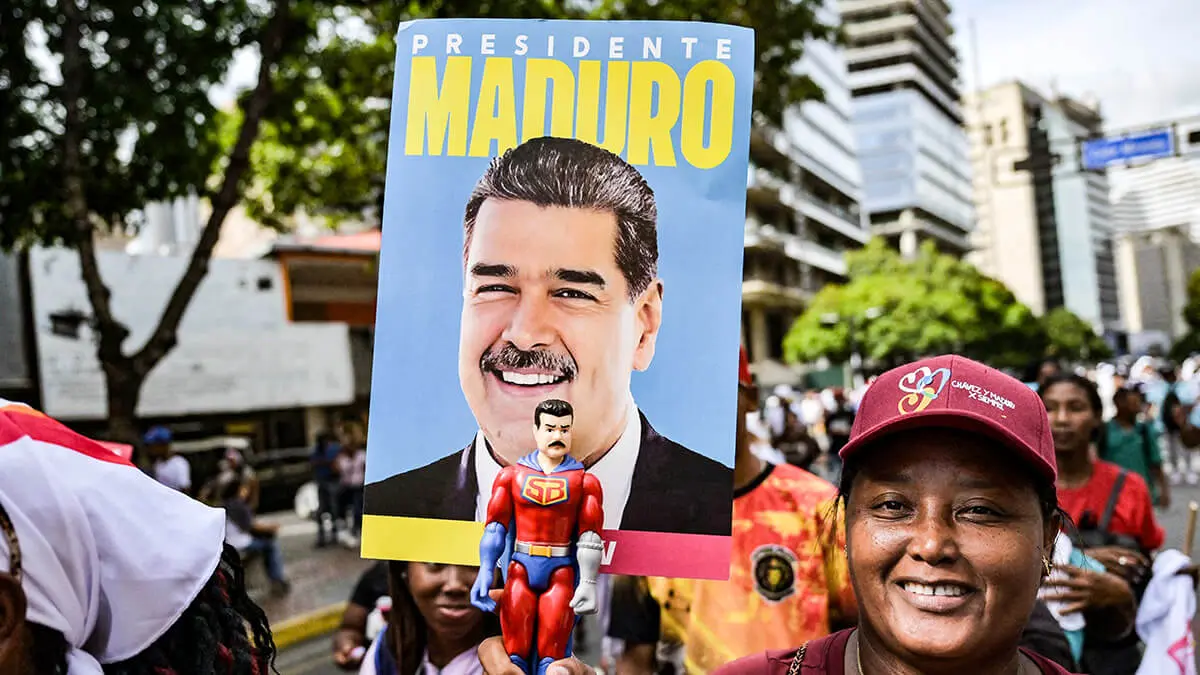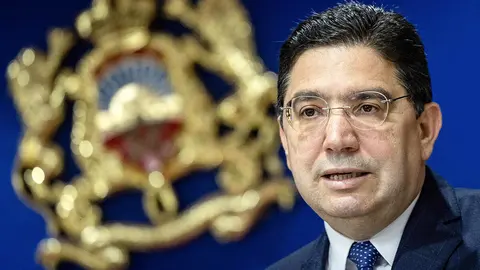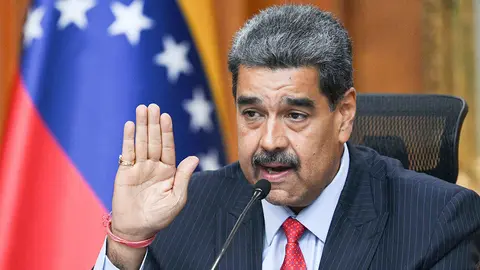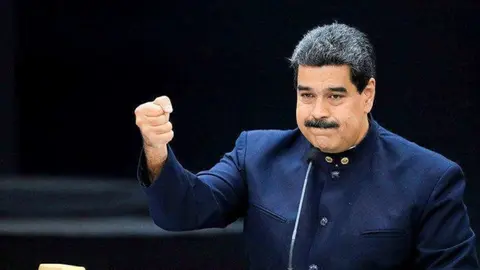Repression and political fraud in Venezuela

Thus, the Electoral Chamber of the Venezuelan Supreme Court accepted the results released weeks ago by the National Electoral Council (CNE), which awarded Maduro a ‘victory’ with around 52% of the votes, compared to 44% for the opposition candidate, Edmundo González Urrutia.
These figures have been widely questioned by anti-Chavism, which, with more than 80% of the electoral records in hand, has defended González's victory in a scenario in which he has prevailed over the dictator with 67% of the votes against barely 30% collected by the Chavist dropout.
International rejection
The questions are not only local. A large part of the so-called ‘international community’ has also questioned the official figures released by the CNE. By now, at least ten Latin American countries, together with the United States, have ‘categorically’ rejected the judicial decision, calling for an independent audit of the ballots to clarify the situation.
‘Only an impartial and independent audit of the votes, which evaluates all the records, will guarantee respect for the will of the people,’ reads the document signed by this group of regional leaders, including, for example, the group chaired by the leftist Gabriel Boric (Chile), who on Thursday did not hesitate to describe the 28 July elections as fraudulent, while speaking of the existence of a “dictatorial” regime in Venezuela.
Curious, to say the least, is the position expressed by Mexican President Andrés Manuel López Obrador, who has so far avoided openly recognising Chavism or the opposition as the winners of the presidential elections and has urged the authorities of the Caribbean country to publish the electoral records that validate Maduro's triumph.
Mexico, with its battle-hardened diplomacy and historically characterised by its extreme caution when it comes to taking positions on the domestic politics of third countries, has been playing as a team with the s of Lula da Silva in Brazil and Gustavo Petro in Colombia. Although this trio of countries maintains a good relationship with Chavism, the magnitude of the fraud orchestrated by Maduro and the consequent repression to which he has given free rein to impose it in the streets with blood and fire after 28 July have complicated the triad's outlook for this manoeuvre by Venezuelan officialdom.
Betting on the imposition of a narrative, which is costly
Although inside and outside Venezuela it is becoming increasingly difficult to impose the narrative that Maduro has won the elections and that he has done so, moreover, in good faith, his continuation in power at this stage seems to be the scenario in the immediate future. To this end, chavismo has bet on imposing its ‘truth’ by using one of the repressive escalations in recent memory in the country's recent past. The Directorate of Military Counterintelligence (DGCIM) and the Bolivarian Service of Military Intelligence (SEBIN) were key in arrests aimed at local political formations (especially Vente Venezuela, María Corina Machado's party) and ordinary citizens who either participated as electoral witnesses on 28 July or protested the materialisation of the fraud on 29 and 30 July.
The Penal Forum for Human Rights has accredited the detention of 1674 people in Venezuela since 22 July, highlighting that the figure is the largest onslaught in this sense that has occurred in the Latin American nation during the 21st century.
The fundamental seat on which Maduro's manoeuvre to maintain power in the country rests is the military sector, an entity that so far has shown no fracture in its middle or high commands, deciding to accompany the validation of the fraud to its ultimate consequences; this despite calls from the opposition led by María Corina Machado to be ‘on the side of the people’ and avoid repressing citizens who express their dissent to the regime.
For the time being, chavismo has also warned, through a Legislative and Attorney General's Office completely co-opted by militants of the ruling United Socialist Party of Venezuela (PSUV), that anyone who does not comply with the Supreme Court's ruling on Thursday will be exposed to criminal sanctions ranging from a veto on candidacy in the local elections scheduled for 2025 to the imposition of sentences for terrorism and usurpation of functions, thus outlining a horizon in which repression will not disappear, at least for the time being.
Manuel Piar, the author of this article published earlier in La Hora Digital, is the pseudonym of a prestigious Venezuelan opposition leader who lives under the repressive regime of the dictatorship of the usurper Nicolás Maduro.
La Hora Digital wishes to protect the safety of its contributors.



